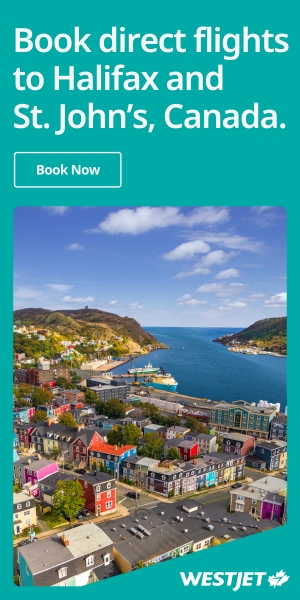One in five, 20% of travellers, are still running the risk of sky high medical bills when travelling abroad through not taking out travel insurance in spite of recent high profile cases highlighting the significant risks of doing so to both health and finances. One in five, 20% of travellers, are still running the risk of sky high medical bills when travelling abroad through not taking out travel insurance in spite of recent high profile cases highlighting the significant risks of doing so to both health and finances.
The statistic was revealed by the 2011 ABTA Consumer Trends survey at The Travel Convention in Palma Mallorca.
This fact may be partly explained by 21% mistakenly believing that the UK Government will cover their bills in the event that something goes wrong. One in four, 25% of 15-24 year olds think that this is the case.
17% also believe that travel insurance is unnecessary when travelling in Europe if they have a European Health Insurance Card which provides access to basic state medical care and a further 26% mistakenly believe that an EHIC card will cover their repatriation costs if they fall ill or have an accident and have to be flown back to the UK.
John de Vial, ABTA Head of Financial Protection said: "It is very worrying that so many people are putting their health and finances at risk by travelling abroad without insurance. ?Many wrongly assume that it is the Foreign Office's responsibility to pay for their hospital bills, particularly younger travellers. In the current economic climate customers should be careful to purchase insurance at the time of booking their holiday to obtain cancellation cover for redundancy as well as any potential illness prior to travelling. "
Lynda St Cooke of the Foreign & Commonwealth Office said: "We remain very concerned at the numbers of people travelling without comprehensive travel insurance and then ending up severely out of pocket. ?If British travellers get into difficulties overseas, there are things the nearest British Embassy or Consulate can do, including contacting friends and family for them, and giving them information on how to safely transfer money from the UK.
"But consular staff cannot pay hospital bills for British travellers, nor fly them home if they run out of holiday money. For further advice and tips on how to avoid potential pitfalls, visit our website at www.fco.gov.uk/travel<http://www.fco.gov.uk/travel>."
Less than a half of consumers, 44%, purchased travel insurance for trips within the UK exposing them to the risk of losing money as they would be unable to claim for cancellation charges if they fell ill or lost their job before travelling. 68% think that travel insurance is more important for trips abroad than in the UK.
All sales of insurance by travel agents have been regulated by the Financial Services Authority since 2007 with many agents consequently choosing not to sell insurance due to the high costs and extra bureaucracy of regulation. ?Travel agents now account for less than 17% of sales of travel insurance. ABTA warned that an unintentional consequence of FSA regulation would be an increase of uninsured travellers and has called on the Government to reverse FSA regulation as part of its war on Red Tape.








